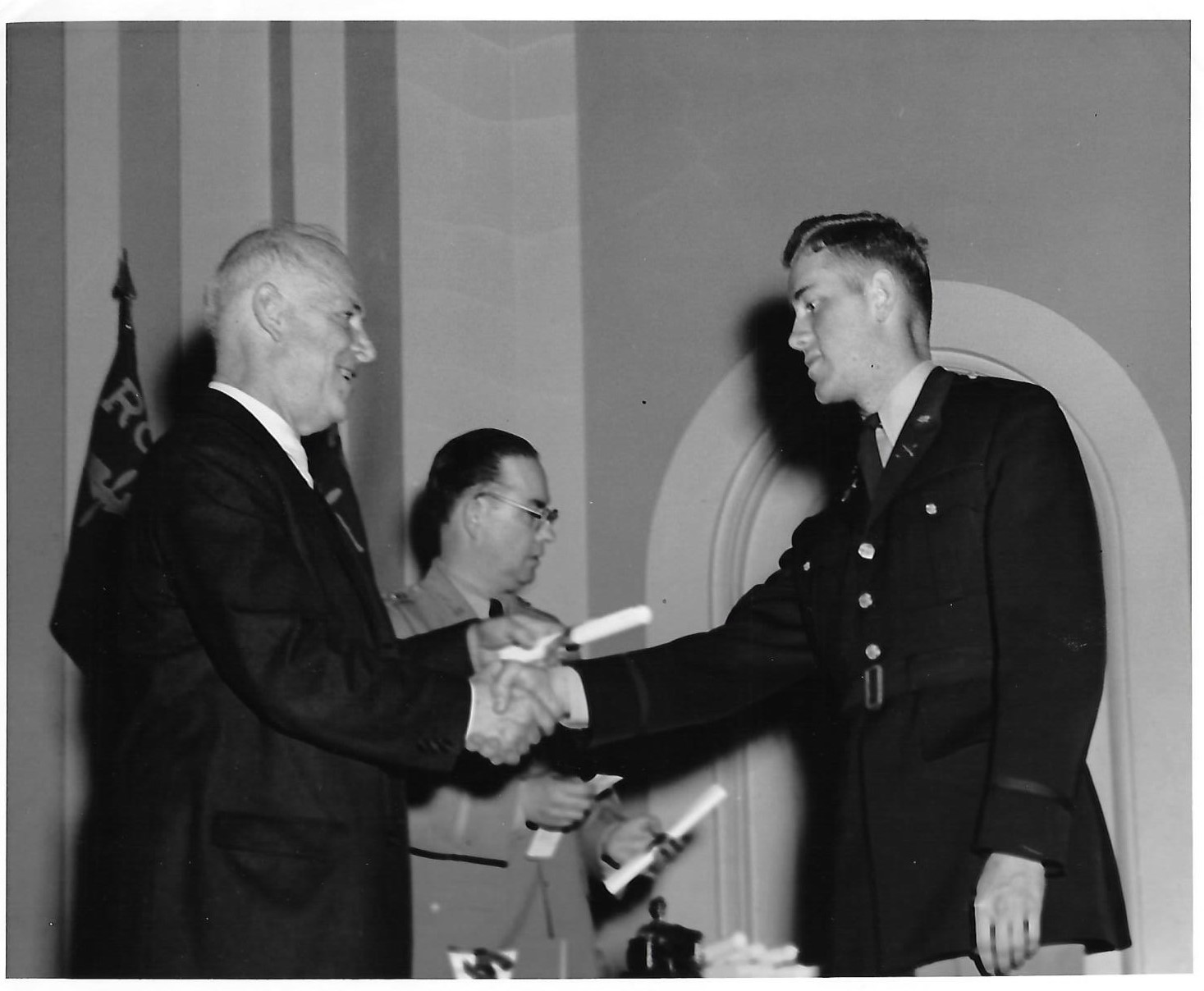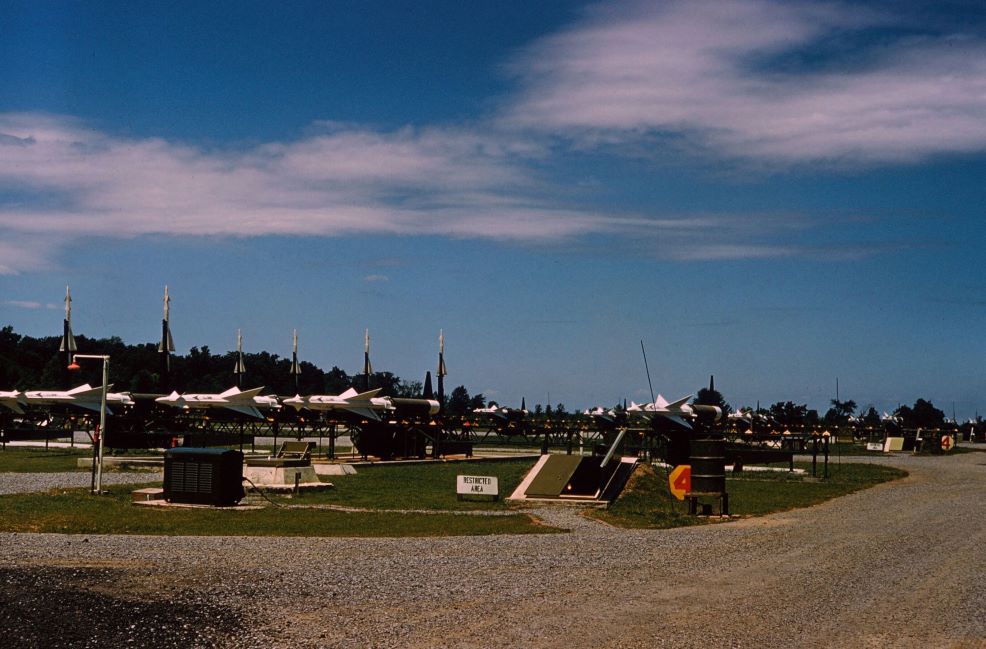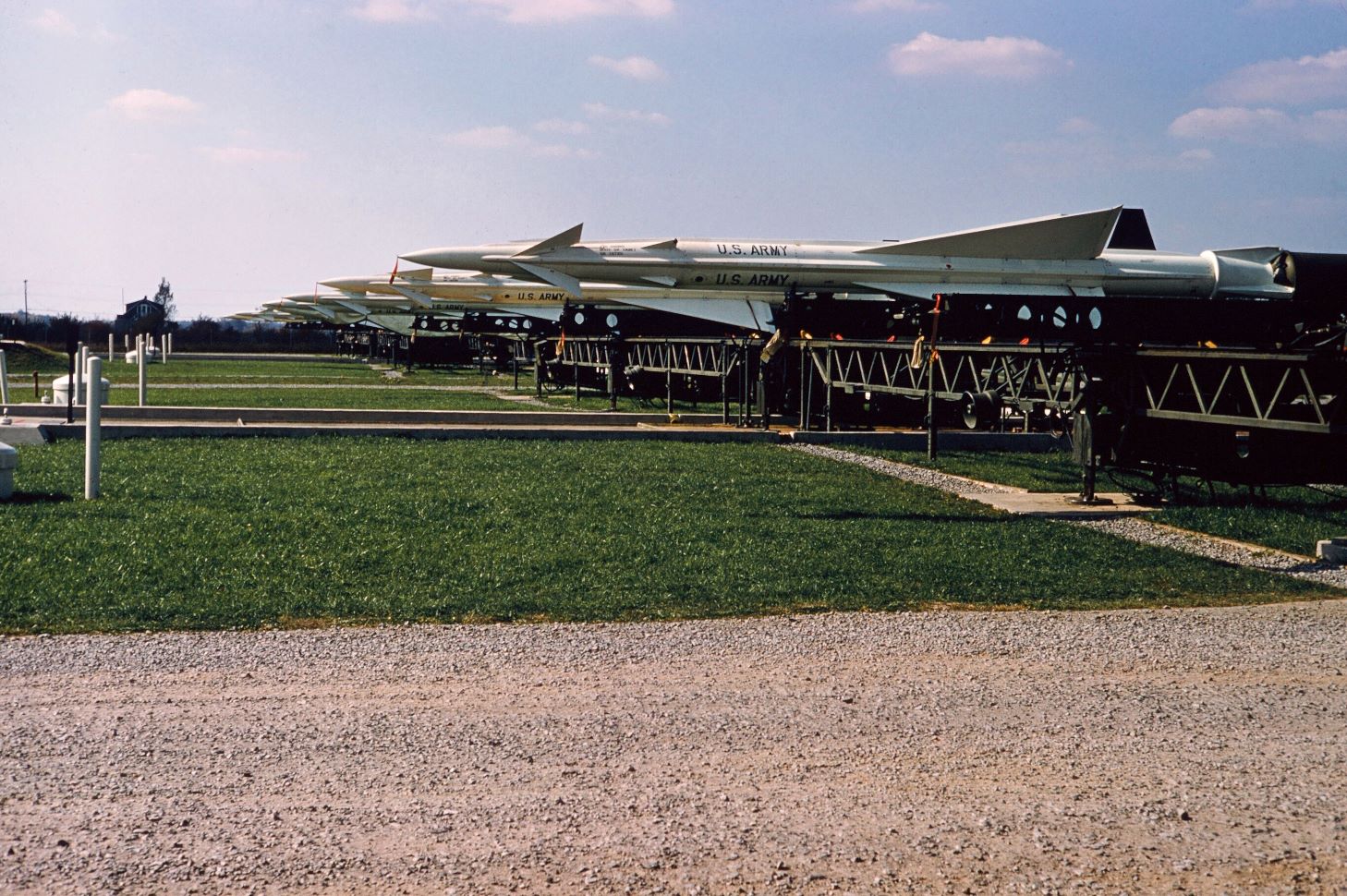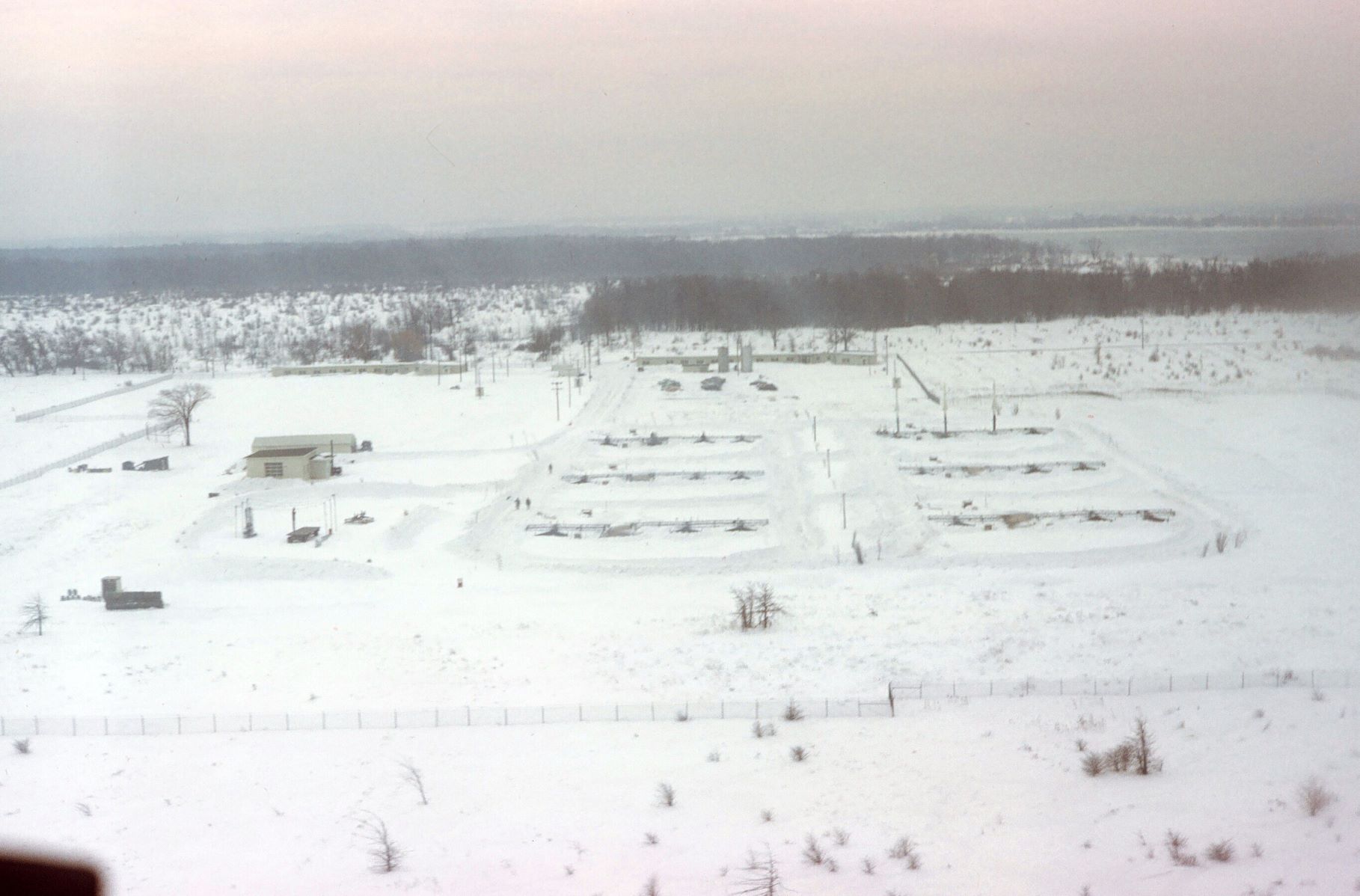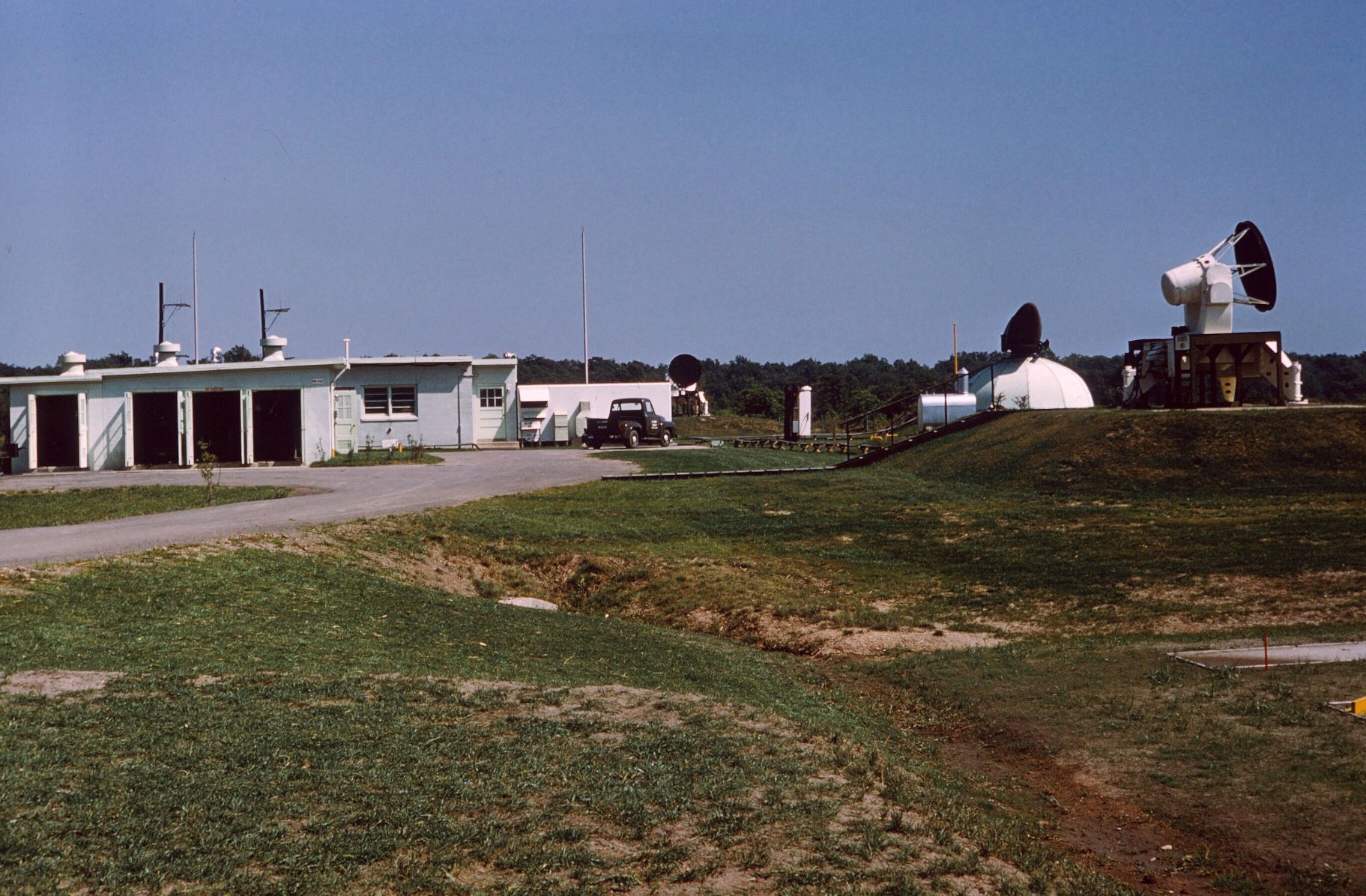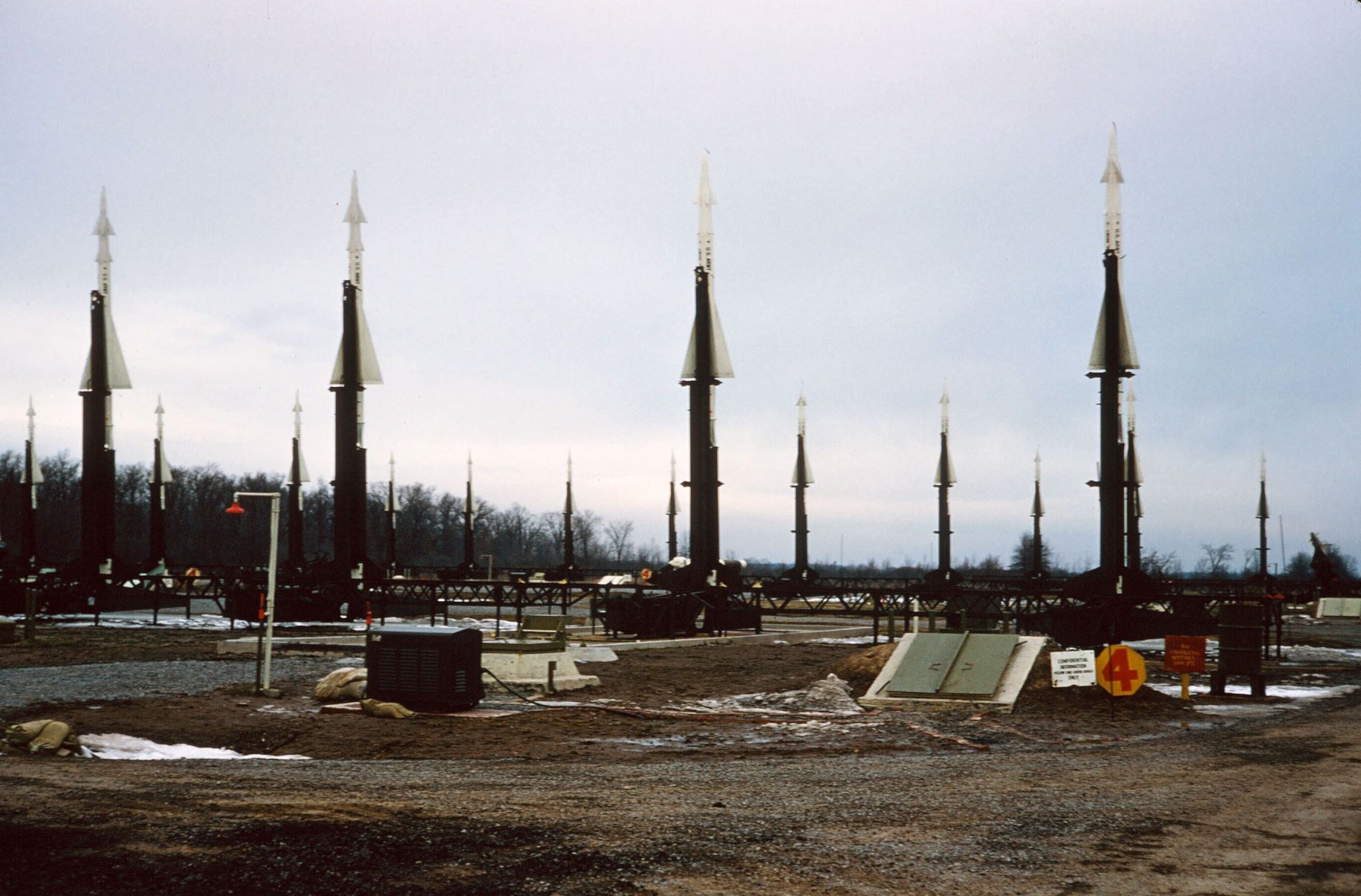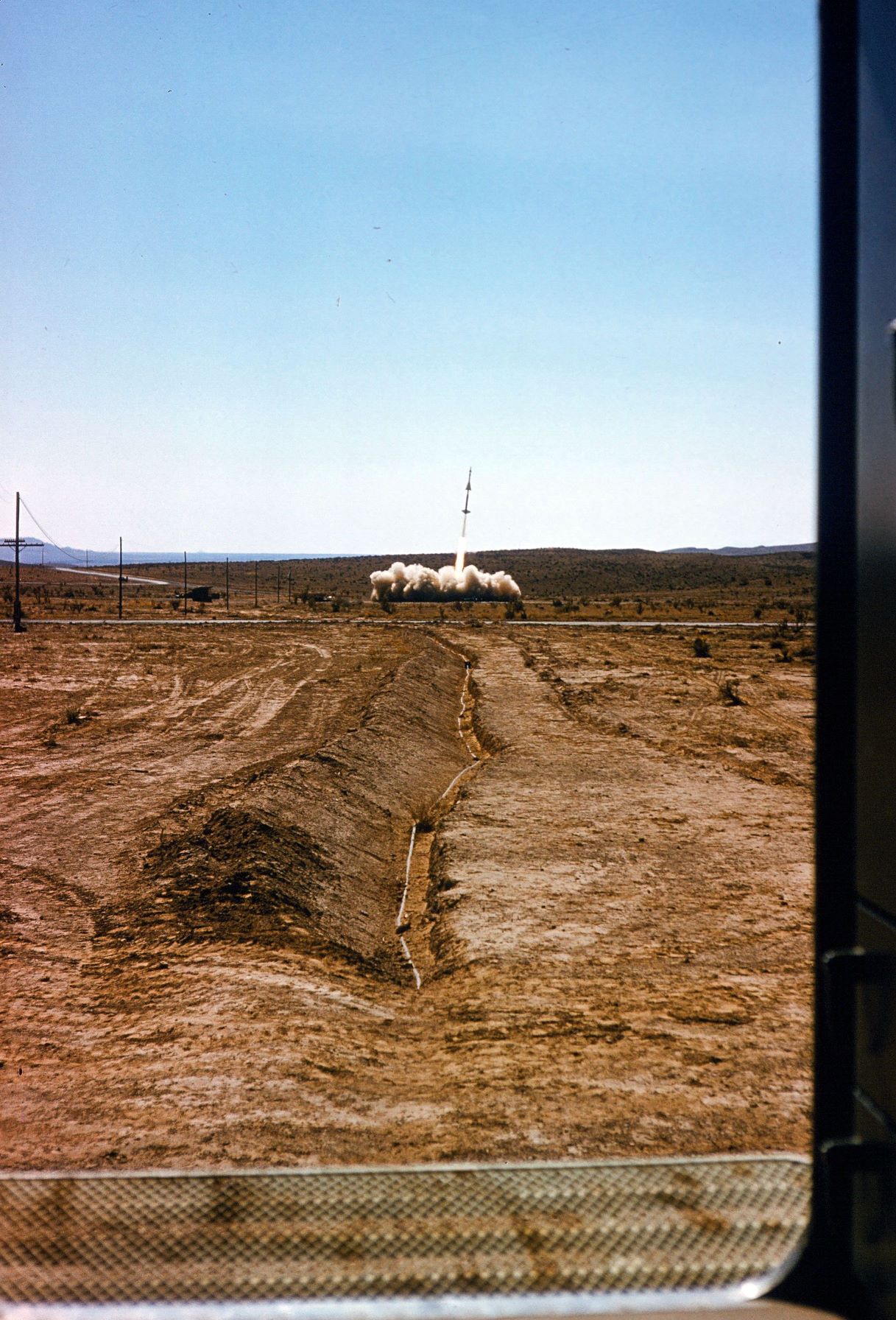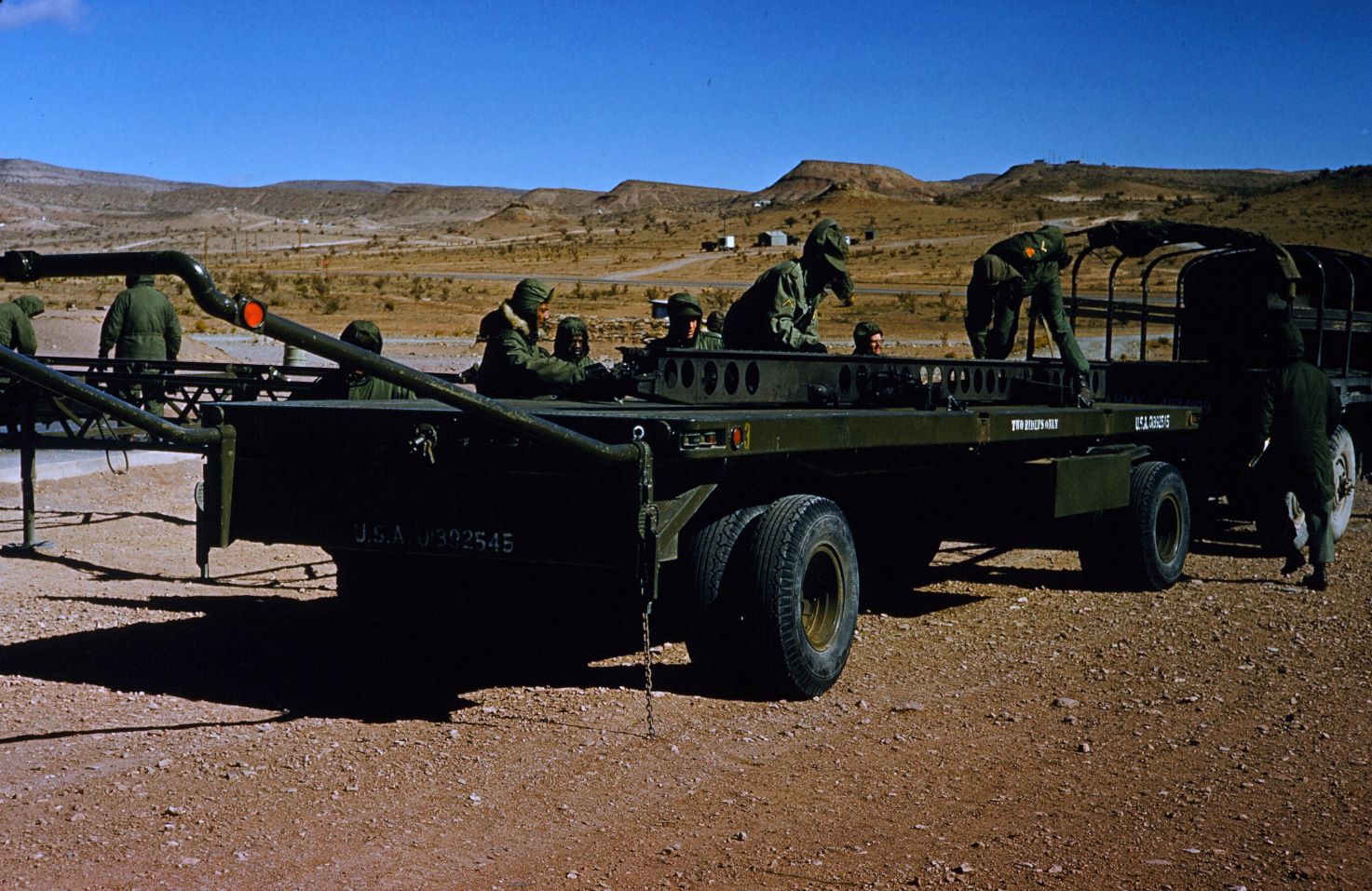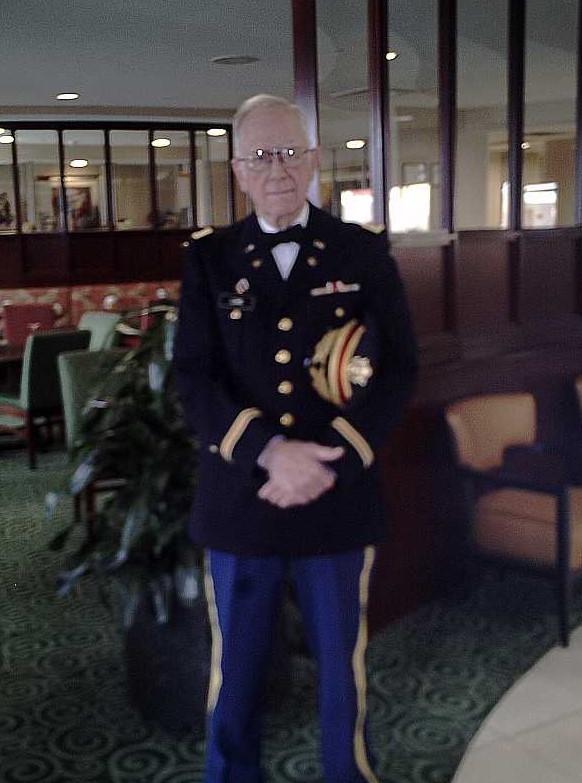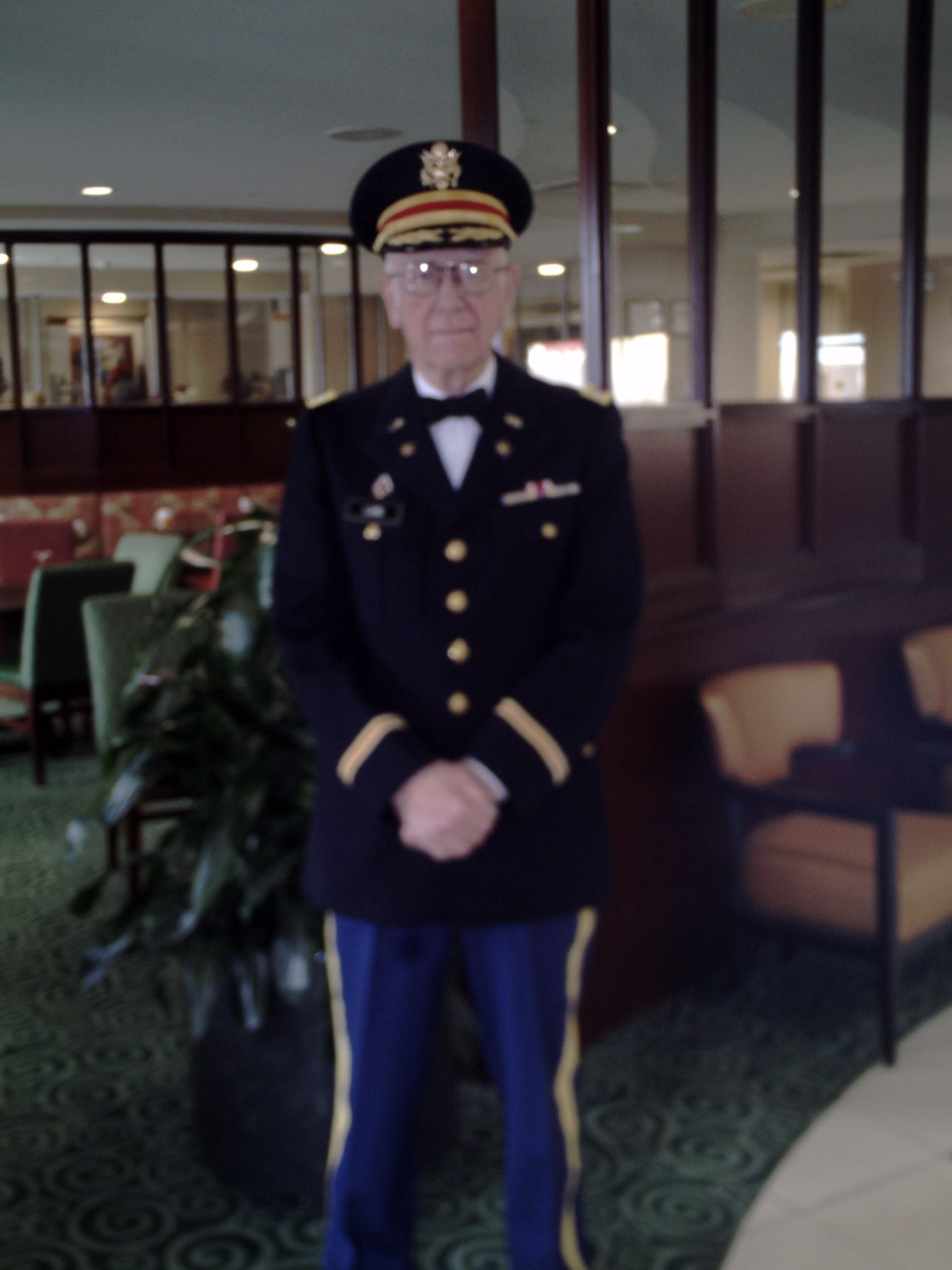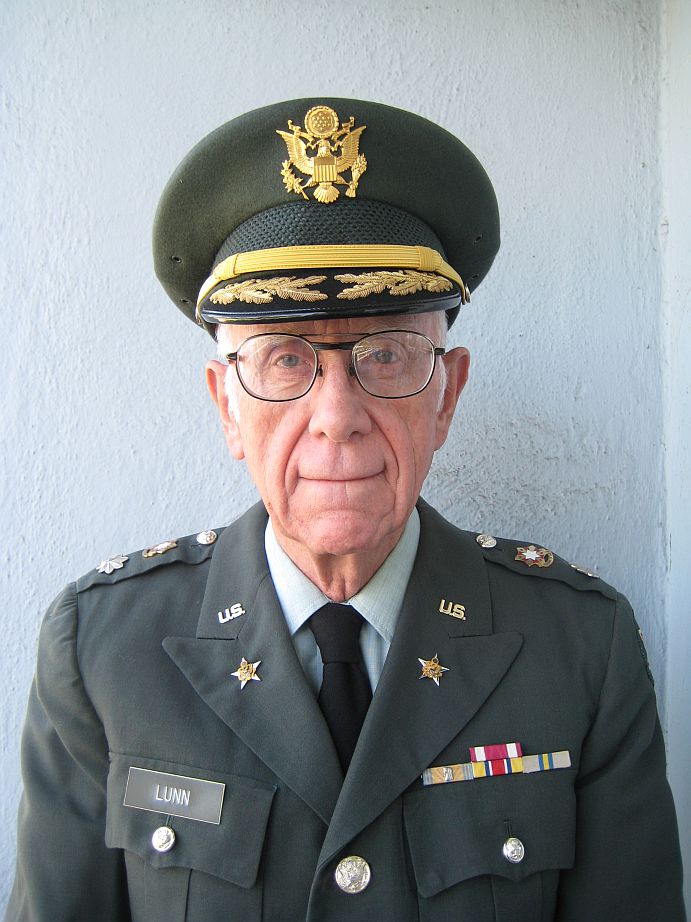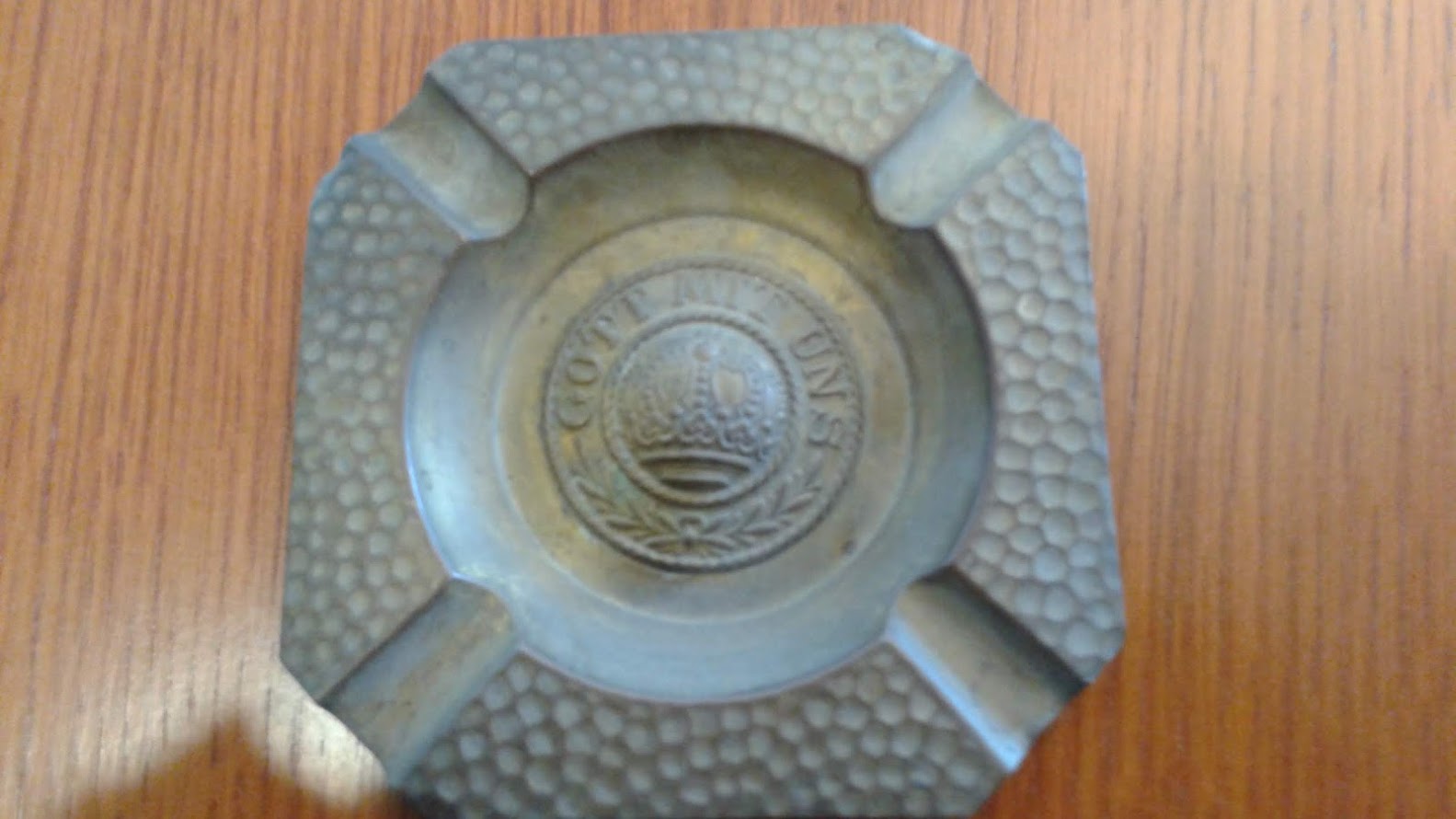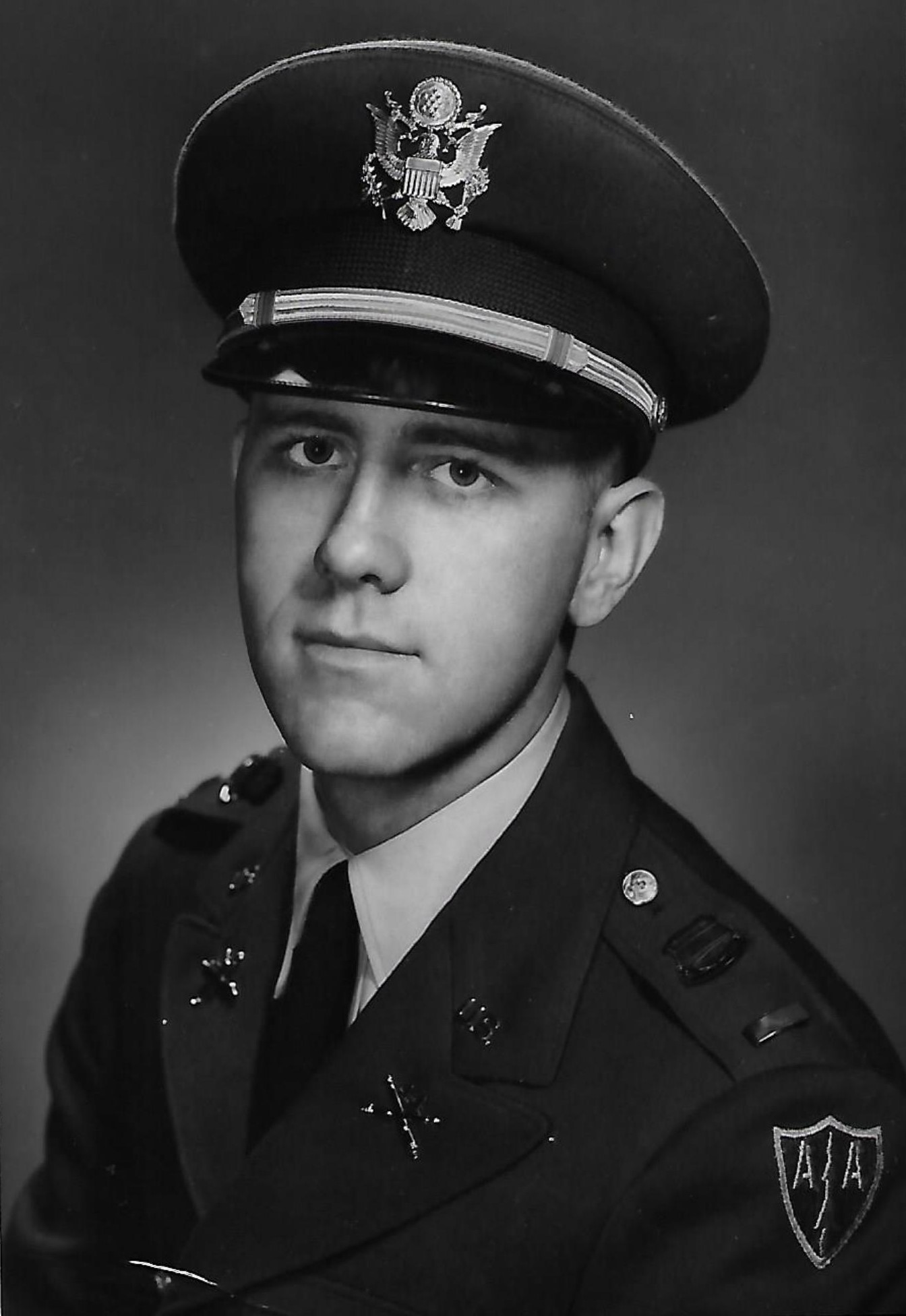
Record date:
Gordon Lunn, Lieutenant Colonel, US Army
While Lake Michigan has been enjoyed by tourists and residents for years, unbeknownst to most, its shores also provided protection during the Cold War. Home to approximately twenty Nike Air Defense Artillery missile sites, it was intended to defend against potential attacks from Soviet aircraft. Over the twenty-five years (1953-1977) of Active Army, National Guard, and Army Reserve service in the Air Defense Artillery [ADA], Gordon Lunn, served not only in the Midwest but also in East Coast and West Coast Nike units. His versatility in academics, operations, administration, assessment, coupled with his ability to juggle civilian job and reserve duty make for an impressive story of a Citizen Soldier.
John Gordon Lunn was born in Boston, Massachusetts and raised in Cambridge in a loving household which stressed education. Lunn studied at prep school and later at Harvard. Because Lunn appreciated this opportunity during a wartime situation (Korea), he decided to join the ROTC program and be commissioned as an officer. Lunn’s decision was also aided by his family’s history of serving in the military.
During the summer between Lunn’s junior and senior college years, he completed his six week ROTC summer training at Fort Sill, Oklahoma where he learned about field artillery. After graduating Harvard in 1956, Lunn expected to be assigned as a field artillery officer, but he was sent instead to Fort Bliss, Texas to be trained as an officer in Air Defense Artillery. This training focused on Nike Ajax missile systems assembly and operations. As an anti-aircraft missile system, its mission was to protect US defended areas from enemy aircraft if a bomber went through U.S. Air Force defenses.
After Lunn’s training, he was assigned to a leadership position over one hundred soldiers at Fort Niagara, New York for two years. In tandem with NORAD [North American Aerospace Defense Command] which received long range target data, his battery, as part of the Army Air Defense Command (ARADCOM), would be alerted if an enemy aircraft was approaching his defended area. Following a precise set of procedures, the Nike battery would prepare missiles such as connecting them to a launcher, checking out their radar, acquiring the target, and preparing to fire. Thus Lunn and his men spent a majority of their time training and improving the speed at which they could load and fire another missile. Once Lunn’s active duty ended, he went back to school and received his master’s degree from the Harvard Business School. He then served in the National Guard, and the Army Reserve in various Nike locations. In both the Massachusetts Army National Guard and the California Army National Guard, Lunn served as a battery executive officer; and in various battalion staff positions. These duties required both operational skills and administrative ones, such as recruitment, intelligence, and supply. He is particularly proud of his assignment as Battery Commander of Headquarters Battery 4/251st Air Defense Artillery in the California National Guard at Ft. MacArthur in San Pedro, California, where the battalion was merited with the ARADCOM [Army Air Defense Command] Commanders Trophy. Lunn also witnessed first-hand détente in a year of working at Ent Air Force Base in Colorado Springs at Headquarters ARADCOM. In 1974, the Army Air Defense Command was being phased out, which Lunn saw as premature. Indeed Lunn sees the current global situation as a “Second” Cold War in which the US is dealing not only with the same issues and players but also rogue nations as well. Lunn retired with the rank of Lieutenant Colonel. He also carried out special assignments such as researching whether Army ground vehicle programs could be adapted to the airline maintenance philosophy during an assignment at the Office of Management and Budget in the Pentagon.
In retirement, Lunn volunteers at the National Park Service restored Nike site in the Marin Headlands, giving tours to the public. He is also the roving ambassador for the Nike Historical Society, meeting with other Nike Veterans at their frequent reunions. Lunn encourages us to remember the importance of a strong military as a deterrent to war, especially in our current days, when only a minority of the population has performed military service.










